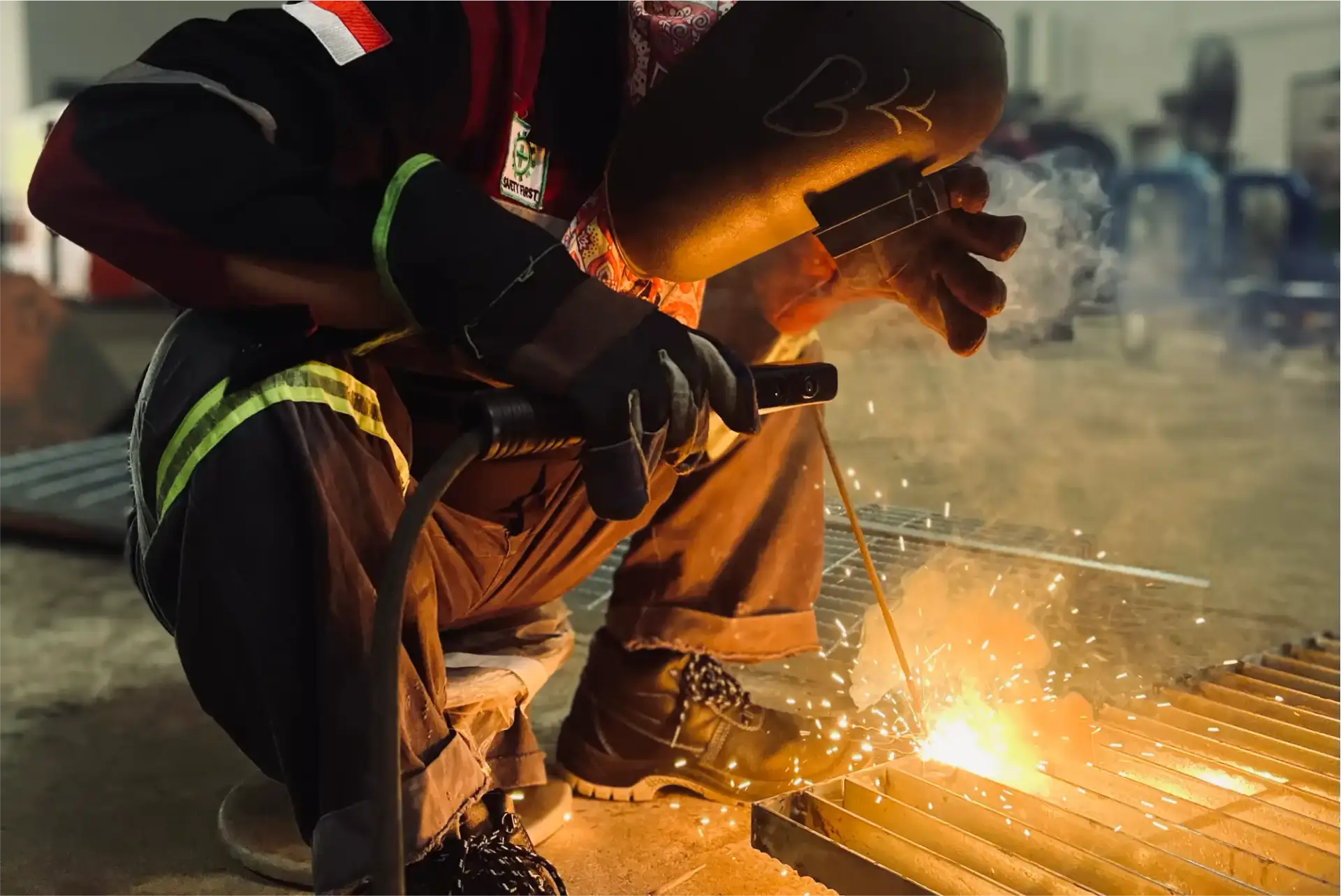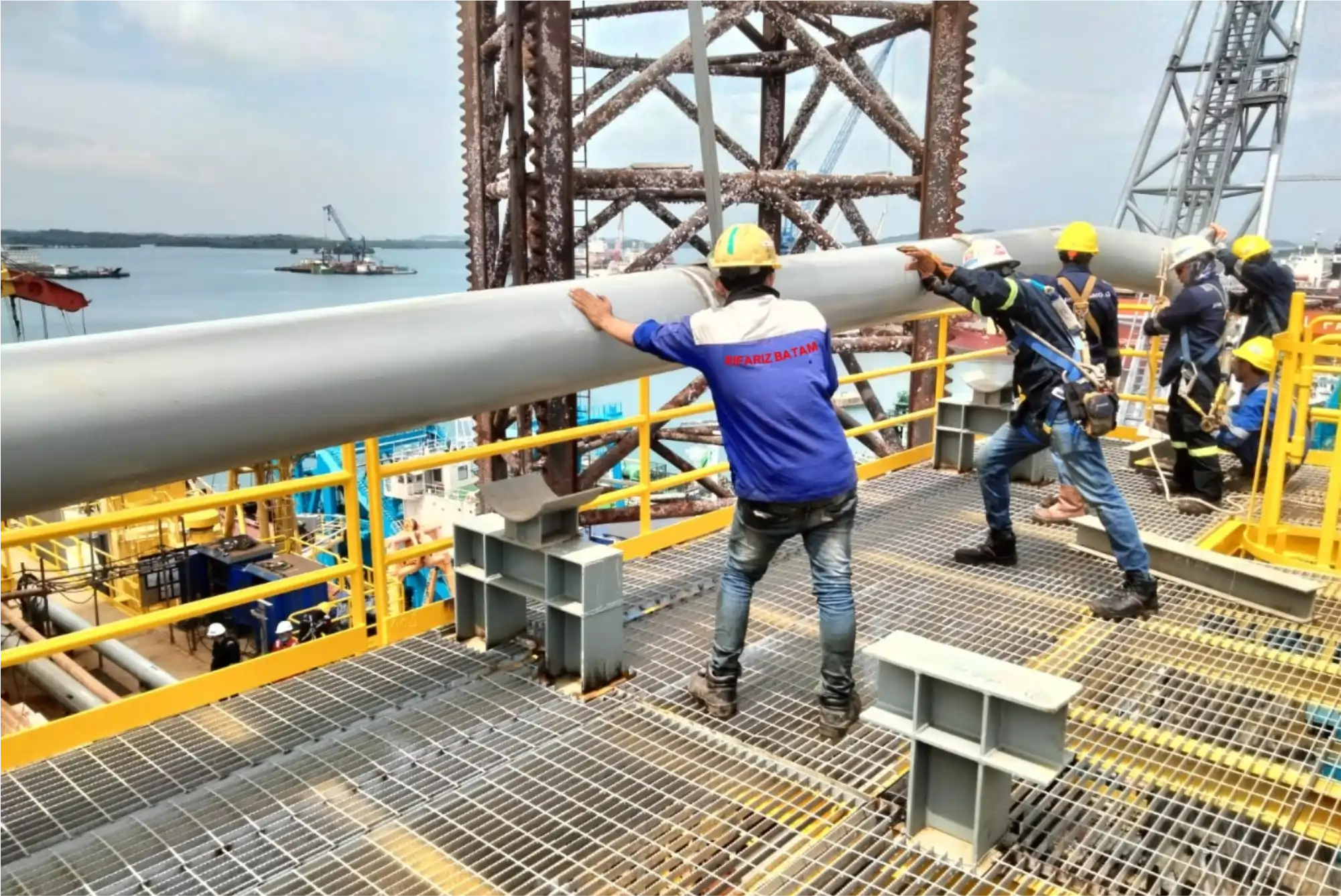Fabrication engineering plays a vital role across various industries, transforming raw materials into finished products. From constructing steel frameworks for buildings to precision components for machinery, fabrication is the backbone of modern manufacturing. As industries demand greater efficiency and safety, the significance of fabrication has grown exponentially. This article delves into the depths of fabrication engineering, its impact on industries, and the future innovations shaping this critical field.
What is Fabrication Engineering?
Fabrication engineering involves technical processes such as welding, cutting, forming, and assembling materials into finished products. While traditionally focused on metals, modern fabrication also encompasses plastics and composites.
Key Branches of Fabrication:
- Welding: Fusing two or more materials using heat or pressure.
- Machining: Shaping materials using precision cutting tools.
- Metal Forming: Transforming the shape of metal without cutting.
- Assembly: Integrating components into complete products.
Modern Fabrication Technology: Technologies like CNC machining, laser cutting, and 3D printing have revolutionized fabrication, offering unparalleled precision, efficiency, and scalability.
The Role of Fabrication in Modern Industries
Fabrication engineering is a cornerstone in various industries, ensuring the production of essential components with precision and efficiency:
Oil & Gas Industry
- Fabricating pipelines, storage tanks, and modular structures.
- Ensuring durability and compliance with stringent safety standards.
Construction Industry
- Producing steel frameworks, wall panels, and structural elements.
- Emphasis on material strength and long-term sustainability.
Electronics Industry
- Micro-fabrication for high-precision circuit boards.
- Supporting innovation in advanced electronics.
Manufacturing Industry
- Creating precision components for vehicles, industrial machinery, and appliances.
Processes and Technologies in Fabrication Engineering
Core Fabrication Processes:
- Cutting: Utilizing tools like saws, lasers, or plasma for material separation.
- Forming: Altering material shapes using heat or pressure.
- Joining: Welding or adhesives to bind materials together.
Advanced Fabrication Technologies:
- CNC Machining: Ensures precision through computer-controlled operations.
- Laser Cutting: Delivers highly accurate results for intricate designs.
- 3D Printing: Enables rapid prototyping and cost-efficient production.
- Robotic Welding: Enhances productivity and minimizes human error.
Challenges in Fabrication Engineering
Workplace Safety
Fabrication often involves heavy equipment and hazardous materials, requiring strict adherence to safety protocols and the use of personal protective equipment (PPE).
Efficiency and Sustainability
Reducing raw material waste through recycling and optimization.
Leveraging renewable energy sources to lower the carbon footprint.
Skilled Workforce Shortage
Bridging the skill gap with training programs and technical education.
Future Innovations in Fabrication
AI-Powered Fabrication
Artificial Intelligence can streamline operations, predict machine failures, and optimize production timelines.
New Materials
The adoption of advanced materials like nano-composites and 4D-printed metals will expand the horizons of fabrication capabilities.
IoT Integration
Internet of Things (IoT) technology will enable real-time monitoring and control of fabrication processes, ensuring greater accuracy and efficiency.
Conclusion
Fabrication engineering is pivotal to industrial growth, driving efficiency and sustainability across sectors. By adopting cutting-edge technologies and innovative practices, the industry is poised to overcome challenges like safety concerns and resource constraints. The future of fabrication lies in embracing automation, AI, and eco-friendly solutions.







I enjoy your writing style really loving this site.